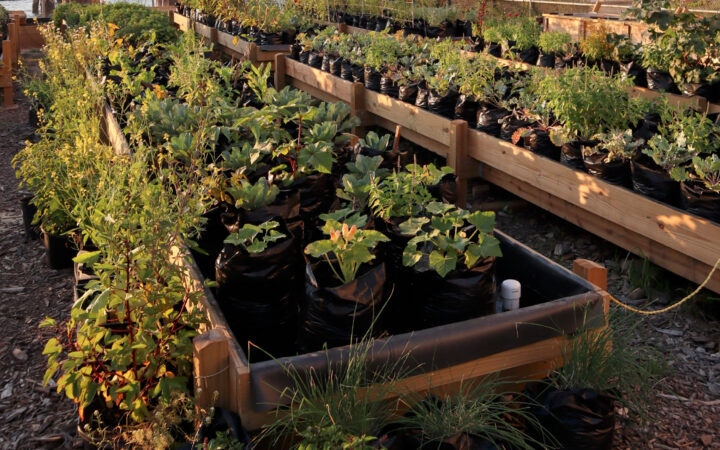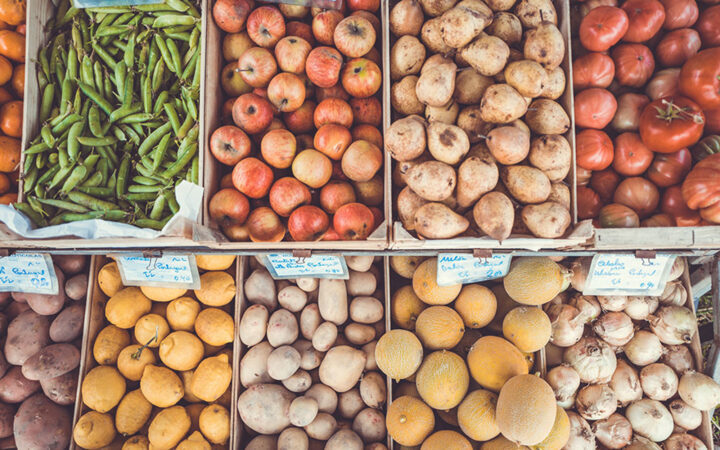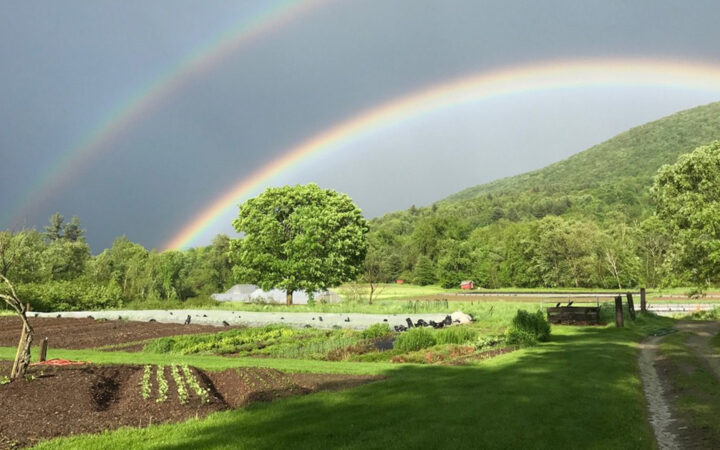Biodiversity is essential to the future of farming. Crop diversity provides resilience to weather variability and disease. Soil biodiversity is essential to maintaining soil and crop health. Forests and native plants provide habitat for pollinators, which in turn support the productivity of the farm. Despite these benefits, the food system is a big driver of biodiversity loss, both when natural landscapes are cleared for agricultural uses and when extractive agricultural practices reduce on-farm biodiversity through excessive use of monocultures, pesticides, and synthetic fertilizers.
At the same time, seed companies hold the patents to many widely produced crops—constraining farmers and plant breeders by requiring permission or payment to plant certain seeds and sometimes threatening legal action if farmers inadvertently plant crop varieties similar to patented ones. Farmers have fewer options for planting and public and small-scale plant breeders have lost access to the genetic diversity they need to develop new plant varieties.
The Growing Biodiversity project creates resources for policymakers, researchers, and farmers working to preserve both crop and non-crop biodiversity on the agricultural landscape.



